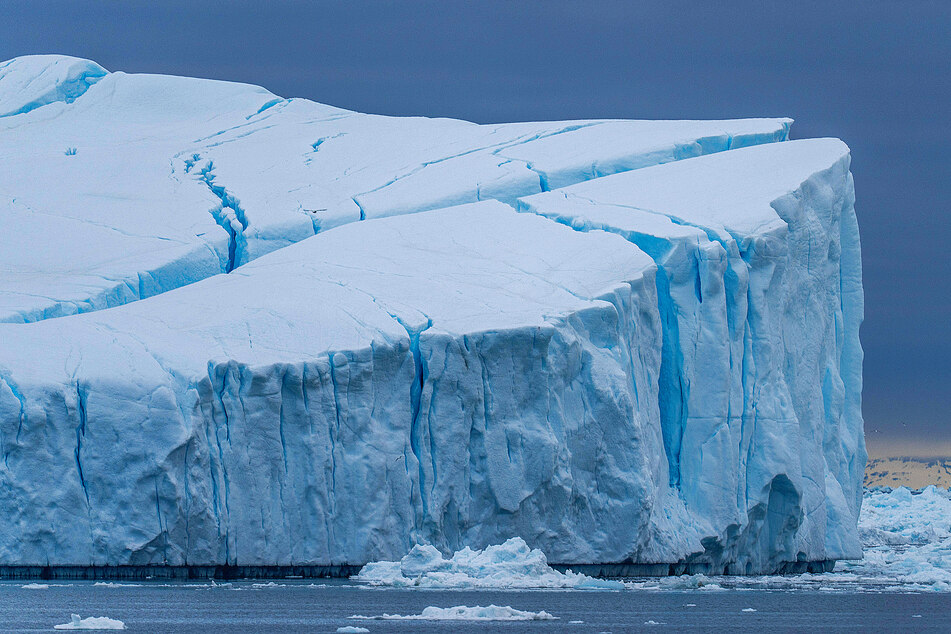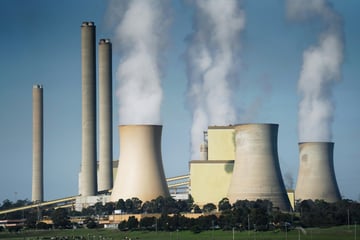IPCC report preview: Ducking and rolling with the punches of climate change
Geneva, Switzerland - The highly-anticipated release date is approaching for the UN's biggest climate report. Covering several topics, it will focus on how to roll with the climate change punches and even block some of them.

The Intergovernmental Panel on Climate Change (IPCC), which is responsible for following the best of up-to-date climate science, will release its sixth major report on Monday, to include a section dedicated to changing with the climate crisis and preventing its worst effects where possible.
These tactics are referred to as "adaptation and mitigation," and are all about helping communities prepare for the costly effects of worsening weather events.
Ideally, some of those effects can be prevented with the right preparation, such as specific plans to help coastal regions to relocate or building up shorelines to be able to withstand tropical storms.
The report will likely also include guidelines on how to adapt in drought-plagued regions like the Western US, and ways to handle a drier future.
Changing the way we power our cities is one big way to prevent the worst effects of a warming planet, making it easier to adapt to what is yet to come. It would involve massively increasing funding for renewable energy and the infrastructure needed to get green energy to homes, but it would be a positive move away from fossil fuel polluters.
At the same time, exciting alternatives for generating sustainable power for steel, cement, and fertilizer production are puzzle places that need to fit into place fast enough to help greenhouse gas emissions drop.
"The report will talk about social justice more, and it will talk about sustainable development more," the World Wildlife Fund's Dr. Stephen Cornelius said.
He also noted the report would interestingly touch on "indigenous and traditional knowledge, not just published Western science."
"This is about the impacts on people and nature, the risks they face, and the limits to adaptation as well," he added.
Cover photo: IMAGO / NurPhoto

